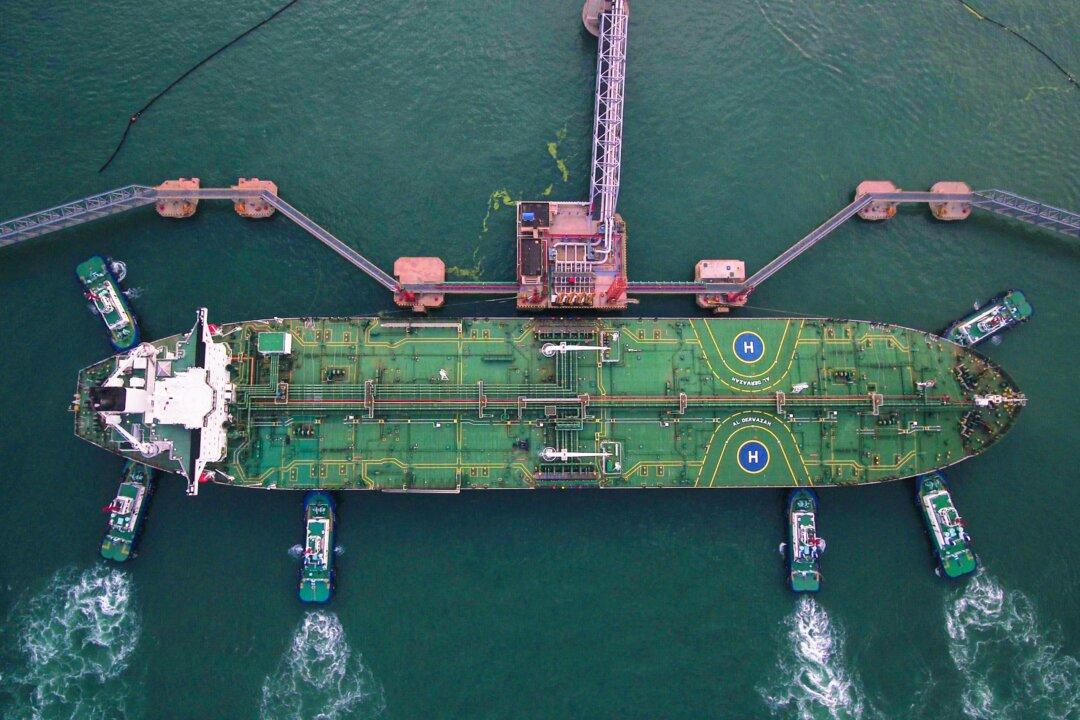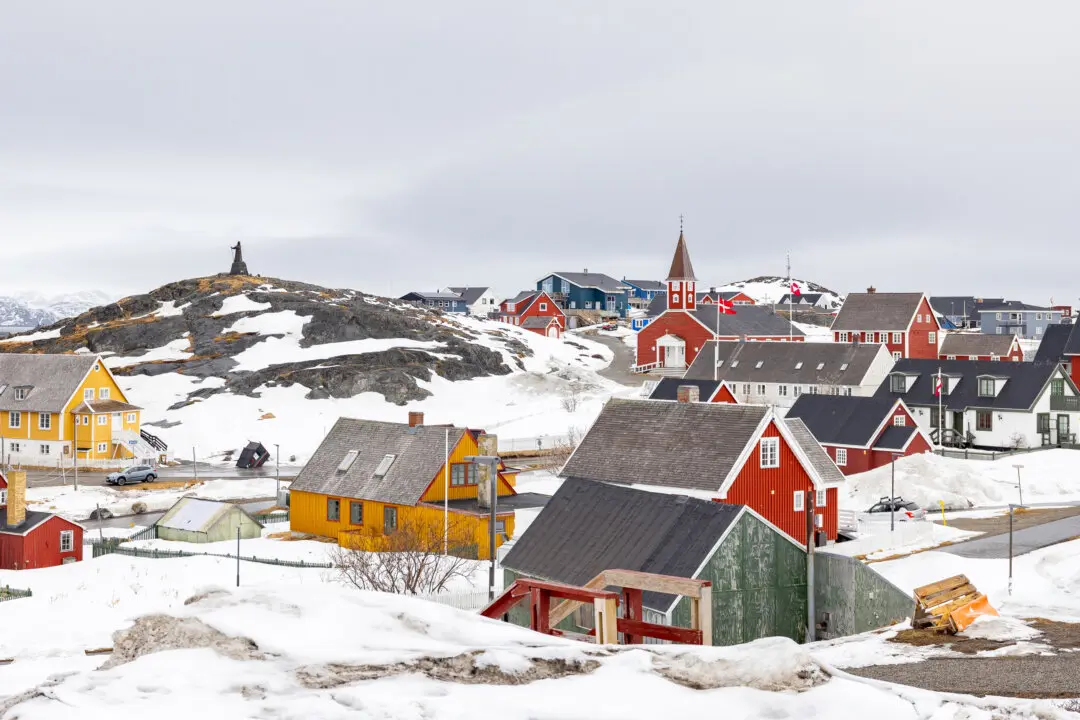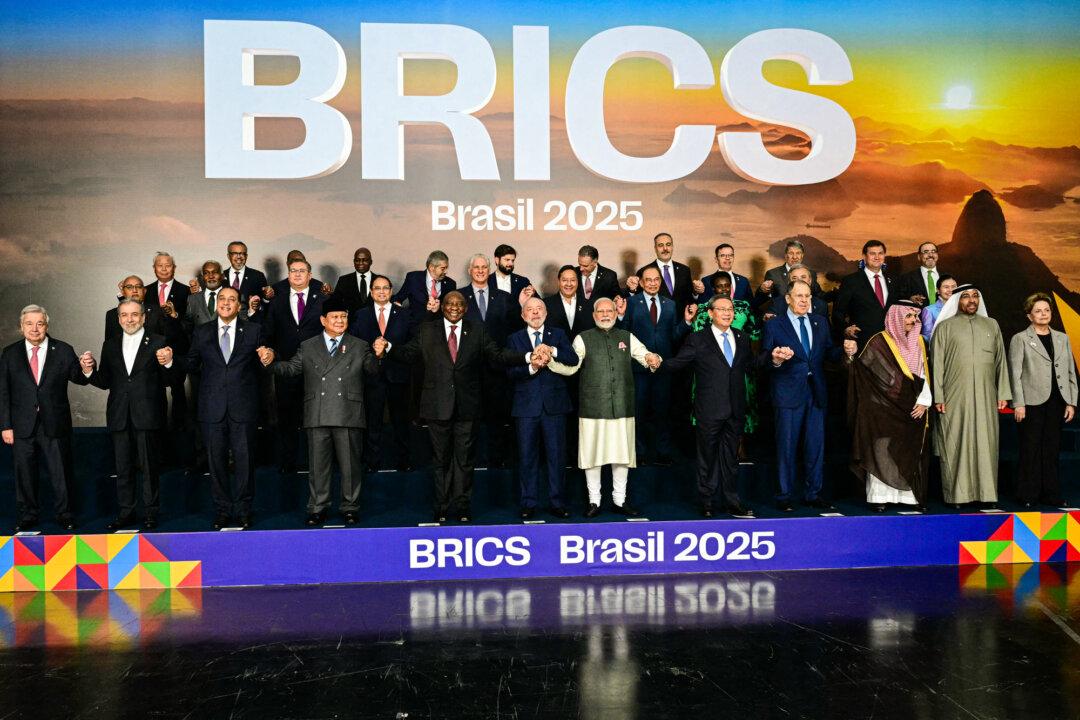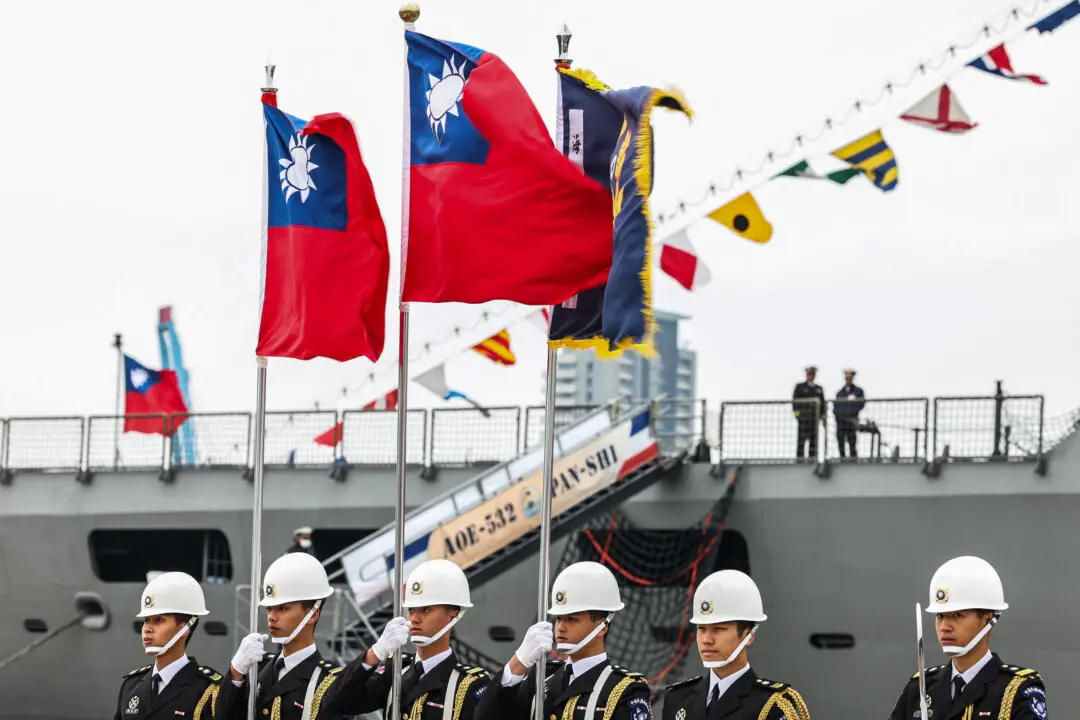History, as the historians like to remind us, repeats itself. And so, it goes again in the 21st century: The Russian Navy is once again parked in Havana’s harbor in support of one more failed, dictatorial, anti-American regime in Latin America. It feels like 1962 all over again.
A Play of Socialist Tragedies
The socialist tragedy Venezuela has become really began in Havana when Fidel Castro and his guerilla fighters rode into the capital in January 1959. He was greeted by cheers from the Cuban people and the left wingers in the American media and academia. Then came the Russian nukes and the Cuban Missile Crisis of 1962, the mass imprisonment of Cubans who disagreed with the state confiscating their property, and of course, the executions as well as Castro’s torturous six-hour speeches.It’s been pretty much downhill from there. Even after the fall of the Soviet Union, communist Cuba continues to this very day, though the Cuban economy and people remain stuck somewhere in the past. A reasonable estimate would be around 1964, but one could certainly argue for 1959.





